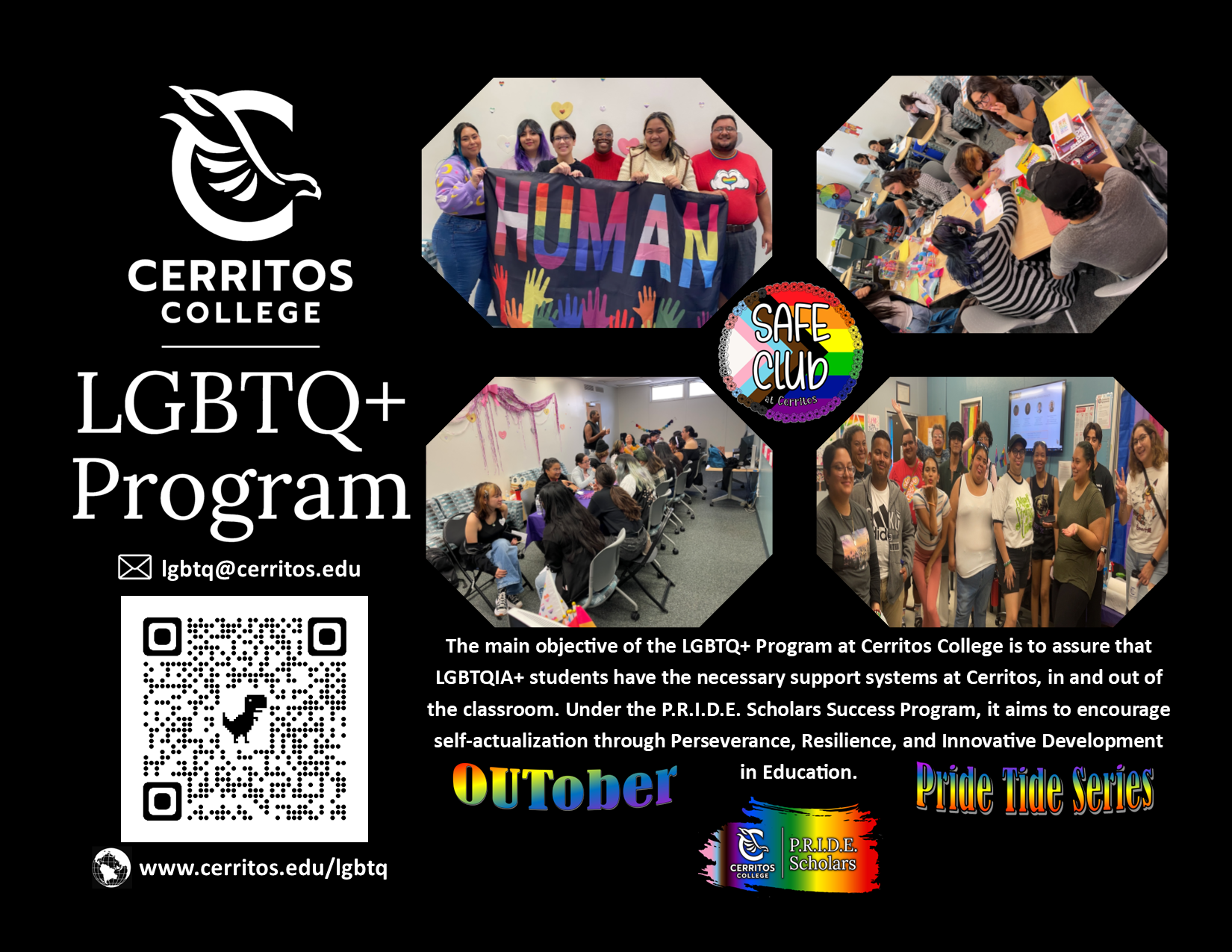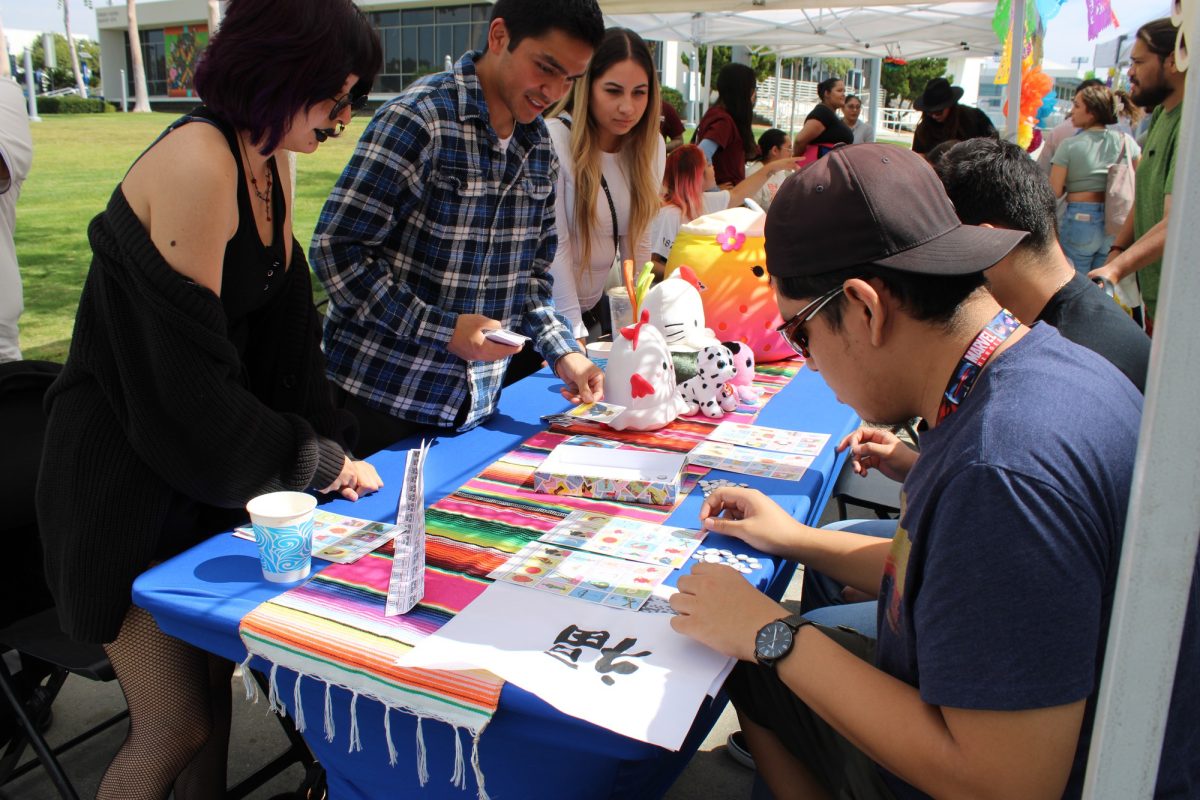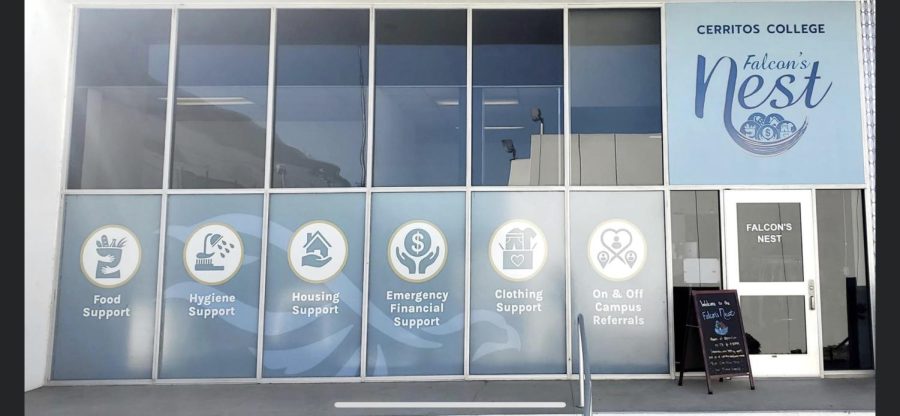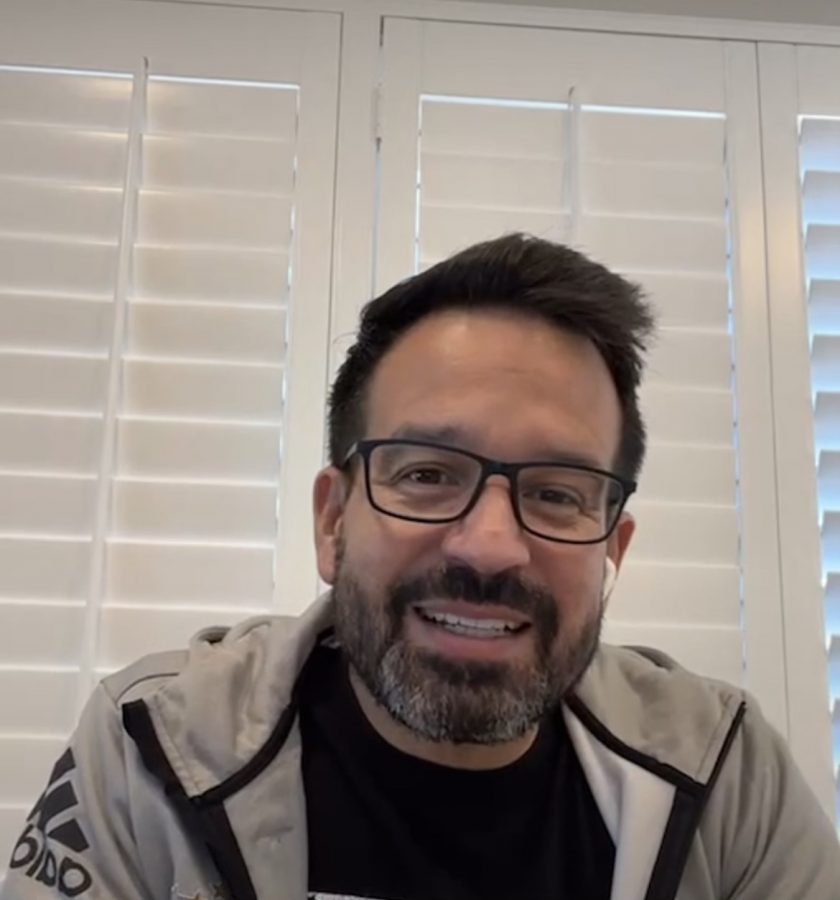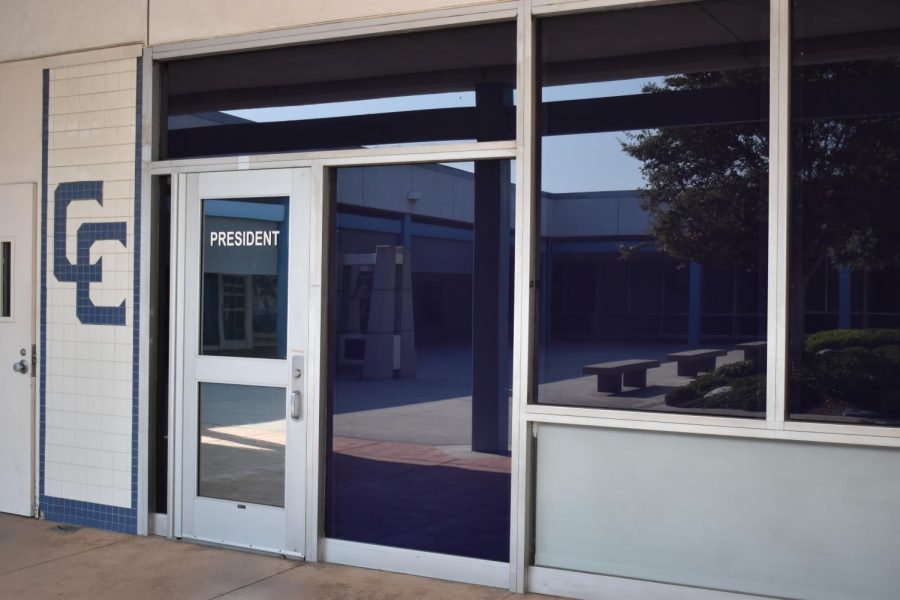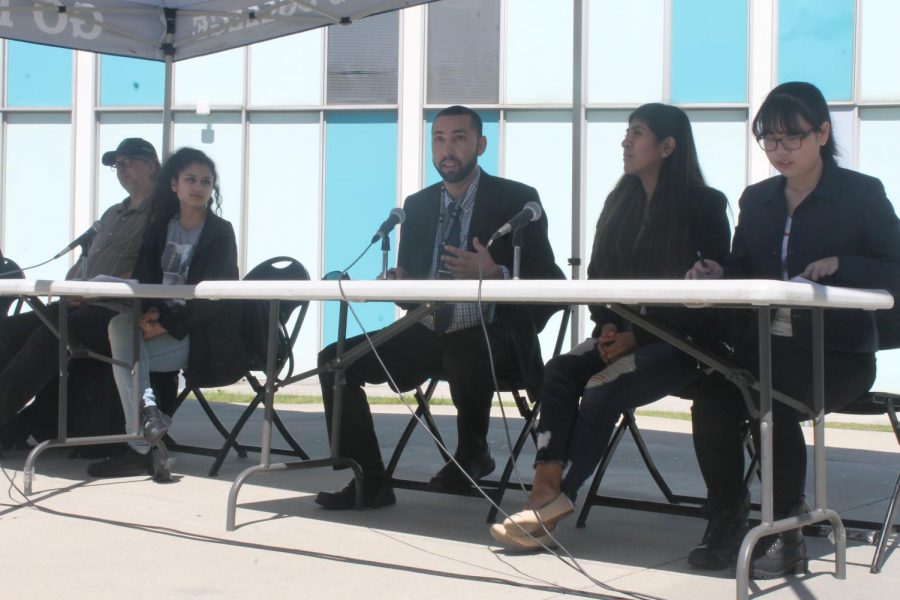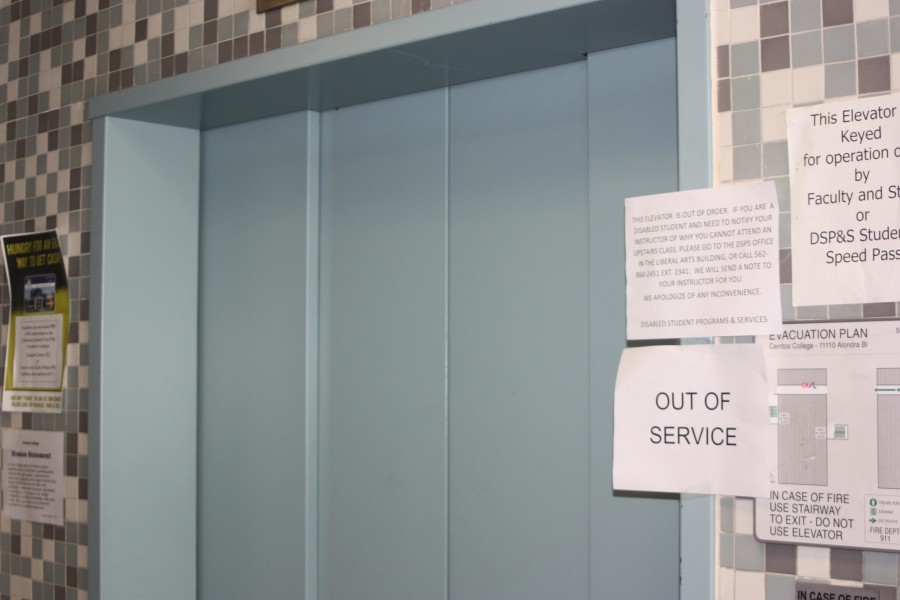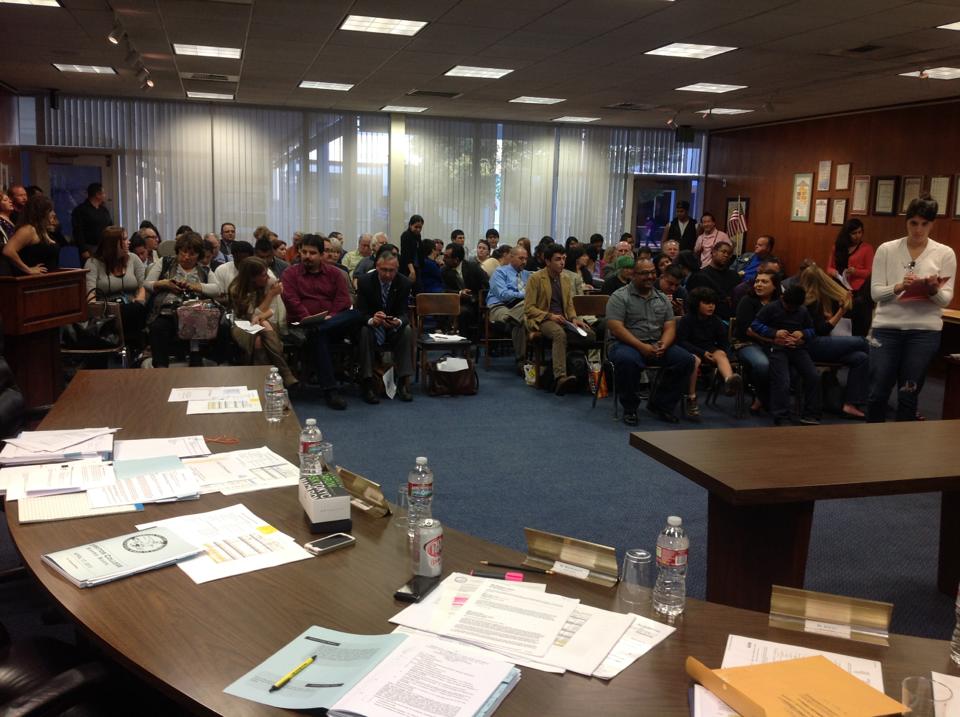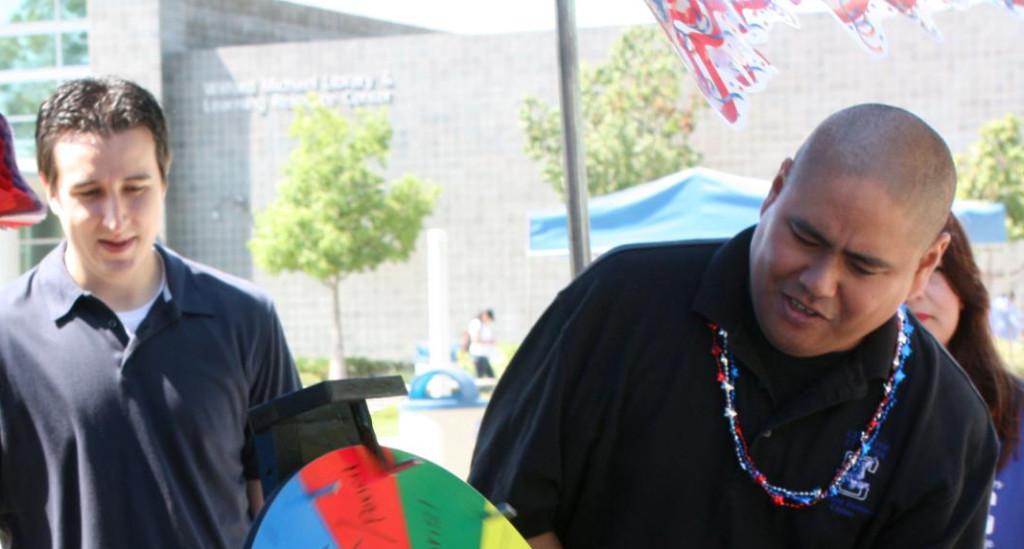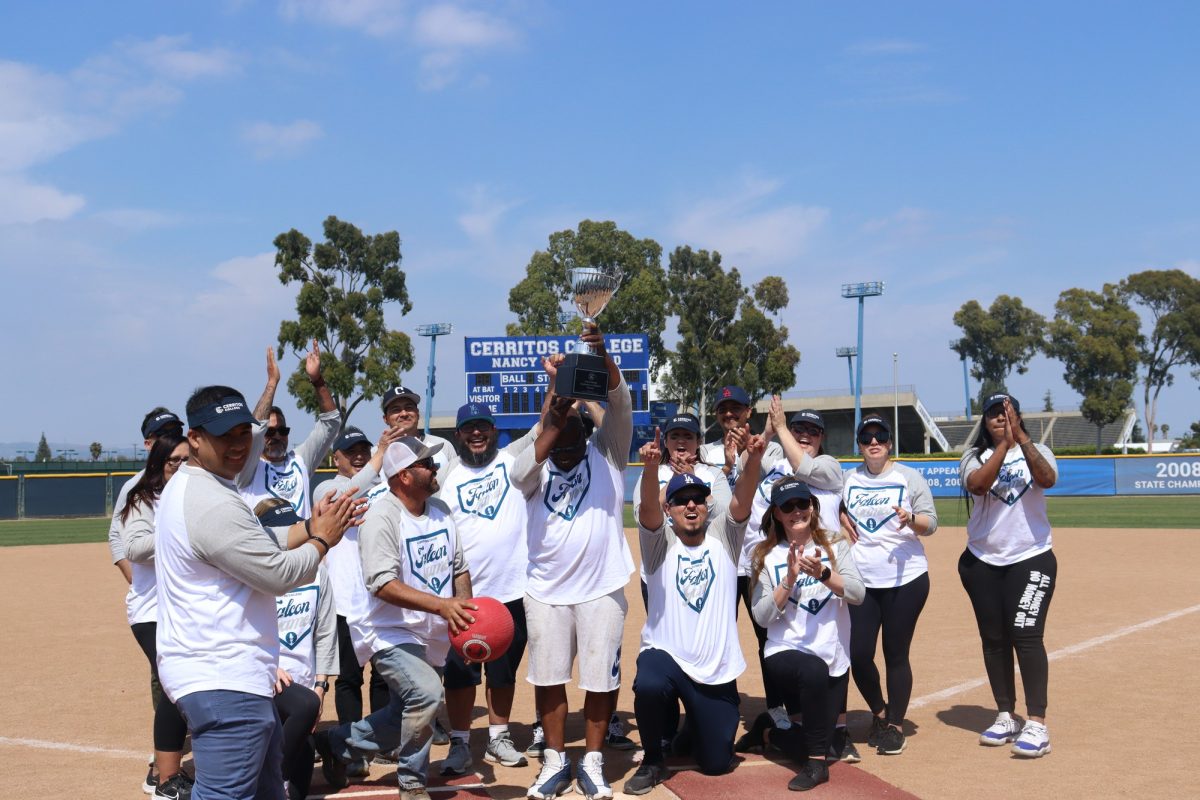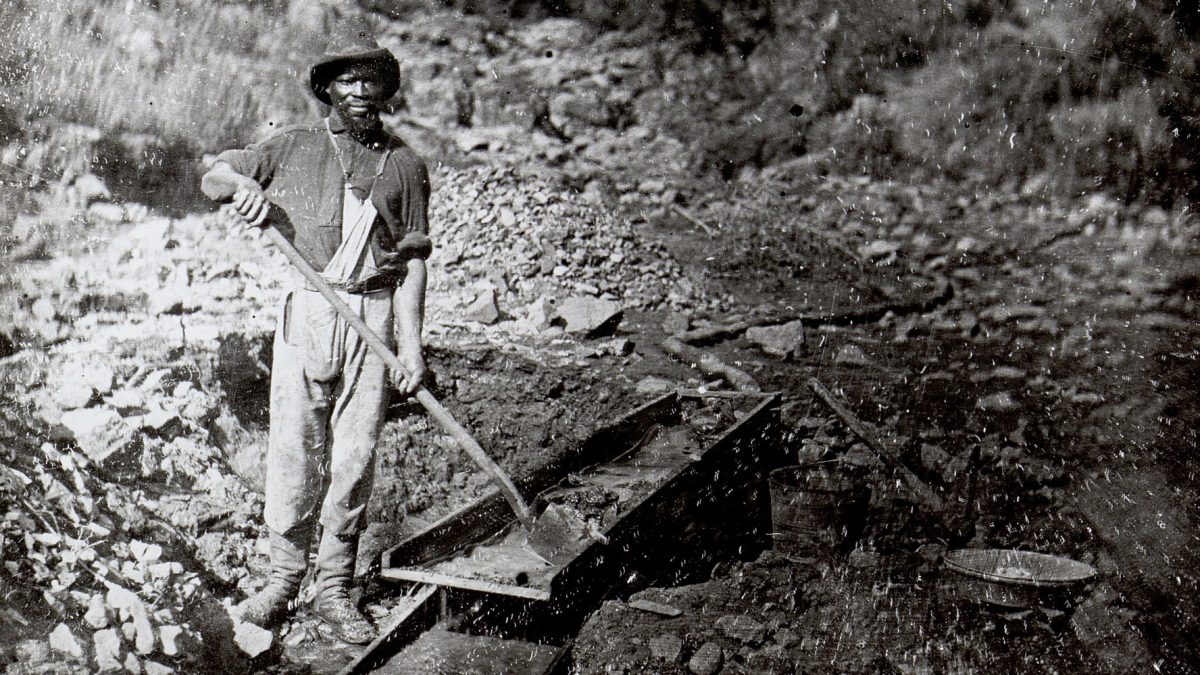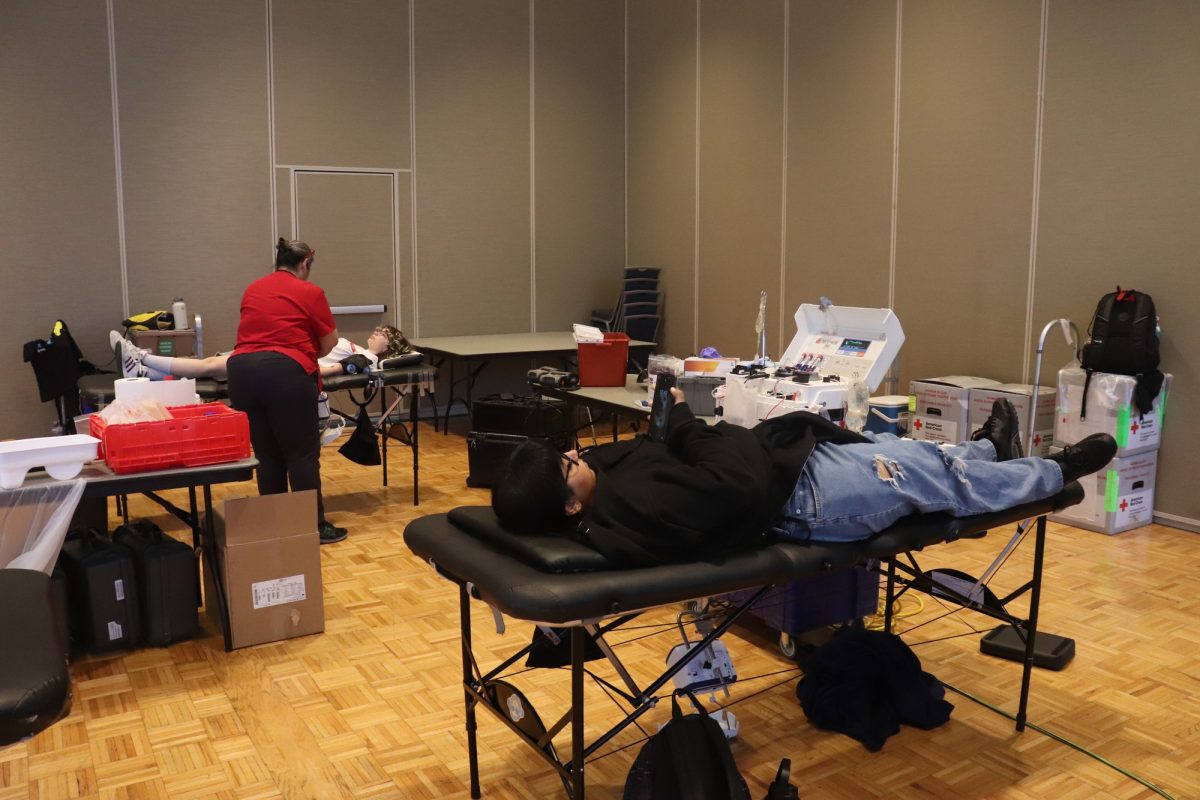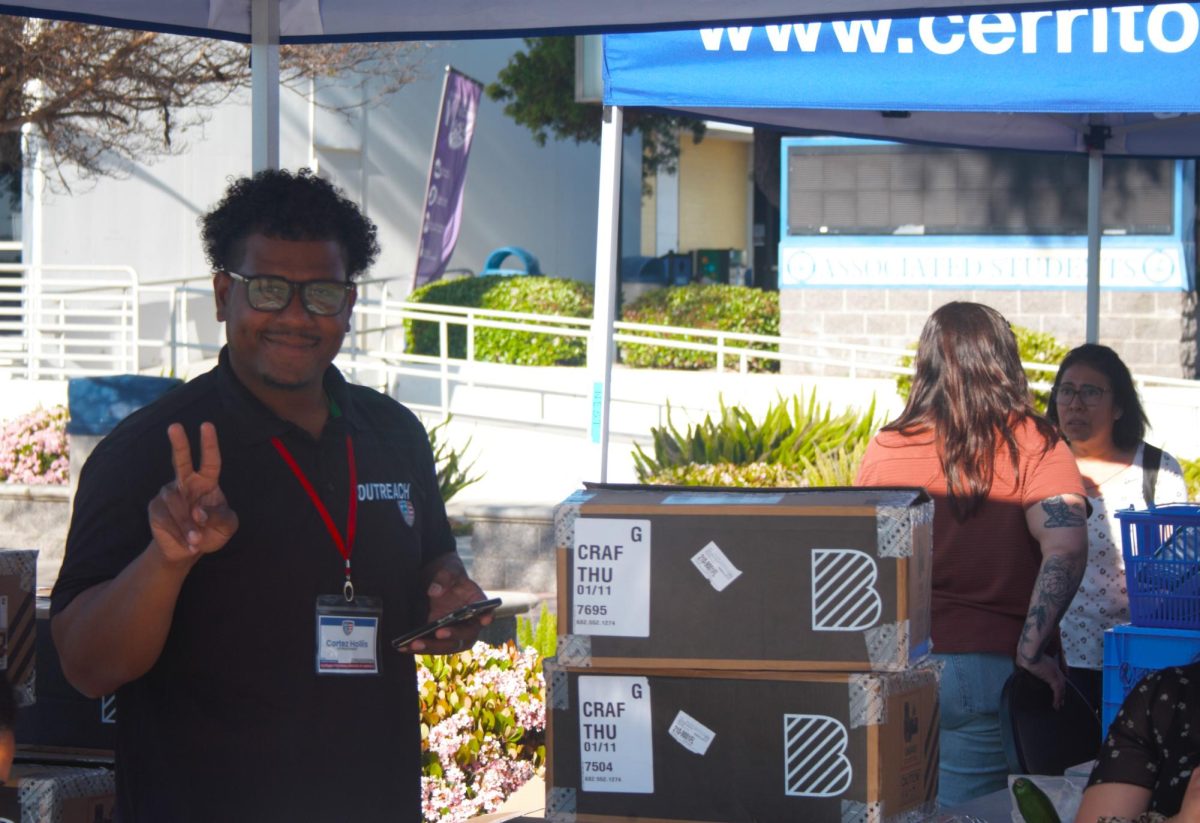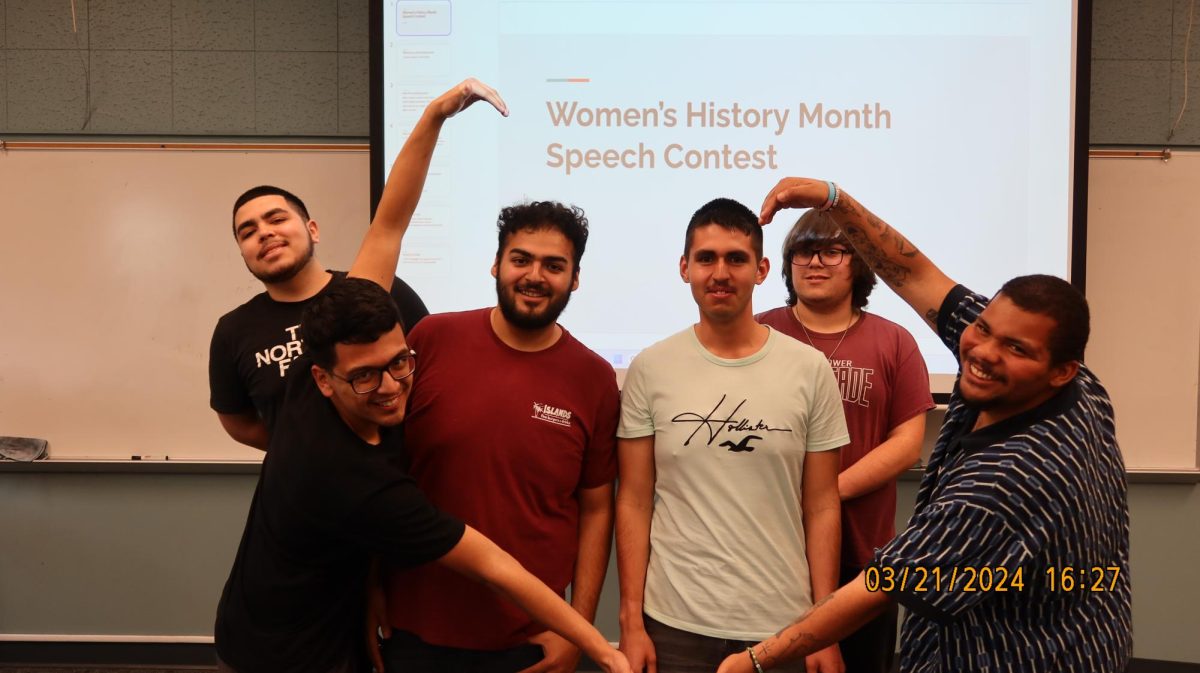A Chico State student was reported to judicial affairs for selling notes to a company at the campus called Notehall. Students felt confident doing this business since Notehall is the note-sharing website owned by Chegg.
Chegg is a company known for selling books at the campus.
Notehall required their student employees to have the notes ready two days prior to test days to distribute them to all subscribers; none of the instructors were aware of such activities.
“Sharing notes should be fine, but if it is a way to cheat off a test then it’s not fair,” CIS major Daryl Ilas, former student at Cerritos College, said.
The way Notehall would hire Chico State students into the note sharing business was via email. It would send cordial emails to individuals, and would use sleazy quotes to persuade students.
“Being a note-taker means making money just by being a good student,” the email said.
UC Berkeley has a policy that restricts note sharing among students and other individuals.
Part-time sociology and interdisciplinary studies instructor Kevin Barman said, “I’m not surprised by that, because they have to defend themselves.”
Selling notes is illegal in the state of California under the education code section 66450, which implies that no person can give, sell or distribute any kind of academic presentation given by an instructor.
The case given at Chico State was the lack of communication between the instructors and the students participating with Notehall.
“If he decided to upload his notes to the internet he is ought to get permission from a professor,” Inhwan Paek , mechanical engineering major said.
The content of the notes can be the opinion of a student, or it can be exactly the same information a professor said or showed during class. In some cases the combination of both.
The ownership of the notes still remains unknown.
“Instructors are very lucky; we have academic freedom, that is what I love about this job.
We can explore everything and talk about anything. And if somebody takes that and profits by it, they are profiting at our expense,” Barman explained.
A Former instructor also explained it is not ultimately about the profit students are making.
“People are not learning; it is about our culture in society earning your own education leads you to appreciating it,” he said.
Not only are the profitable purposes illegal here in California, but it also violates copyright laws.
“Instructors are accountable and responsible for what they are saying to the students, especially if the information we use comes from other sources such as textbooks,” Barman said.

